Budget 2020: Finance ministers whose policies helped shape the Indian economy
By Lokmat English Desk | Published: January 30, 2020 12:35 PM2020-01-30T12:35:32+5:302020-01-30T13:37:06+5:30

R.K.Shanmukham Chetty
R.K.Shanmukham Chetty, presented the first Finance Budget of independent India on November 26, 1947, which was a review of the economy and no new taxes were proposed.

Chintaman Dwarkanath Deshmukh
Chintaman Dwarkanath Deshmukh was the first Indian to be appointed as governor of RBI in 1943. During his tenure Budget papers were prepared in Hindi as well. The first such Budget was the one he presented in 1955.
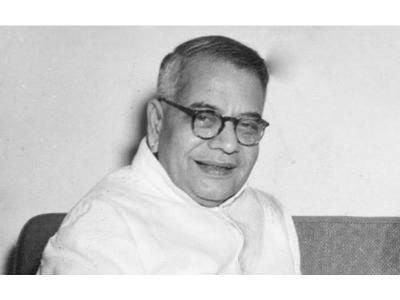
Tiruvellore Thattai Krishnamachari
Tiruvellore Thattai Krishnamachari held the office of India's Finance Minister for two terms, first from 1956-1958 and the second from 1964-1966.
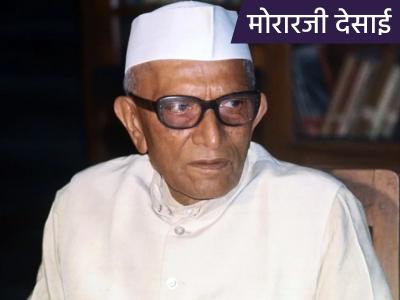
Morarji Desai
With eight annual and two interim budgets, Morarji Desai is the Finance Minister who has presented the maximum number of budgets so far.
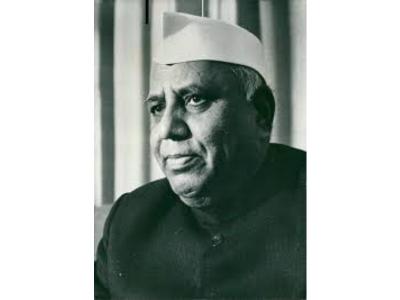
Yashwantrao Balwantrao Chavan
Yashwantrao Balwantrao Chavan's 1973 Budget was called the 'Black Budget'. The color black was the media’s symbolic reference to the budget speech set during a time-period of immense economic turmoil. The term black-budget remains an inglorious reference to the hardships of 1973.

Chidambaram Subramaniam
Chidambaram Subramaniam was the man who ushered in an era of self-sufficiency in food production in India. C. Subramaniam also took forward the tax reforms started by his predecessor Chavan.
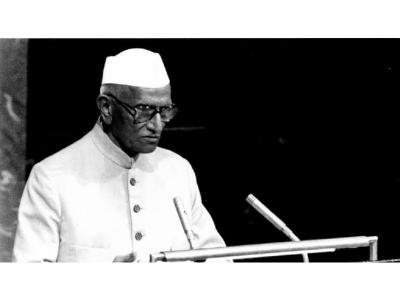
H.M. Patel
H.M. Patel changed many socialist economic policies, ending barriers to foreign investment and reducing tariffs, while protecting home industries. He was also responsible for the policy that all foreign companies must form corporations with an Indian company holding 50% stake, which caused companies like Coca Cola to pull out of India.
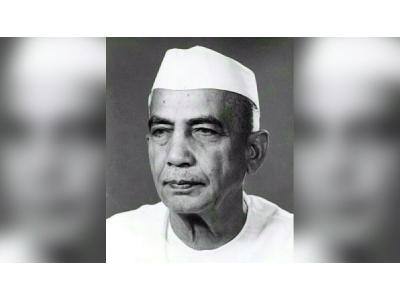
Charan Singh
Charan Singh's budget, more than any other in history, changed the face of fiscal federalism in the country. It accepted recommendations of the 7th Finance Commission and absorbed the impact, which doubled the share of states in Union excise duties from 20% to 40%.
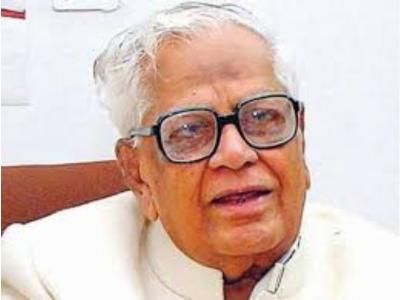
Venkataraman
Venkataraman in his 1980-81 Budget, undid all that Charan Singh had done in excise. Life-saving drugs were exempted from excise duties, and so were cycles and parts, toothpaste, sewing machines, pressure-cookers and cheap varieties of soaps.
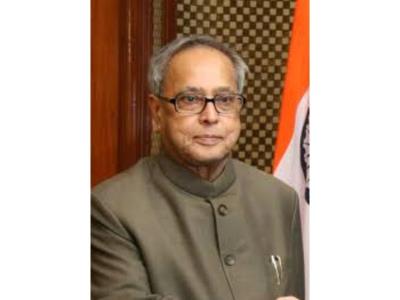
Pranab Mukherjee
Pranab Mukherjee's term was noted for India not withdrawing a $ 1.1 billion instalment of an IMF loan. His predecessor, R Venkataraman, had signed that agreement with the IMF for an SDR of US $5 billion in November-December 1981.
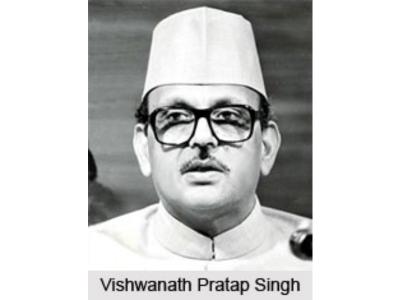
V.P. Singh
V.P. Singh is remembered for hounding top industrialists and even arresting some of them, even though he pushed the economic liberalisation agenda in his 1985 Budget. High-profile raids on suspected evaders - including Dhirubhai Ambani - forced Rajiv Gandhi to divest Singh of the portfolio.
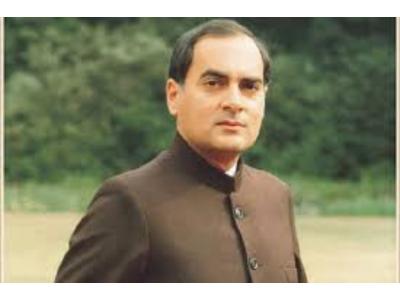
Rajiv Gandhi
Rajiv Gandhi introduced provisions related to minimum corporate tax, better known today as MAT or Minimum Alternate Tax.
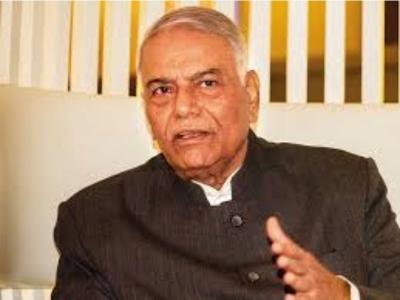
Yashwant Sinha
Yashwant Sinha is widely credited for pushing through several major reforms that put the Indian economy on a firm growth trajectory.
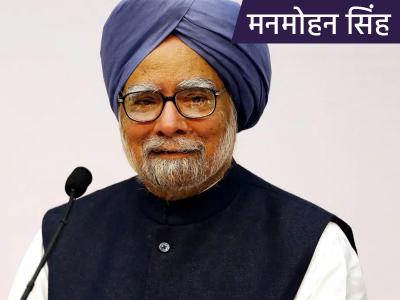
Manmohan Singh
Manmohan Singh opened up the Indian economy to the world. The ground-breaking 1991 Budget overhauled the import-export policy, slashed import licensing and went for vigorous export promotion.
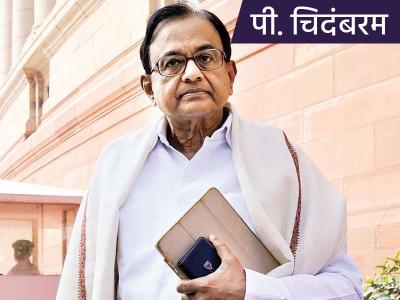
Chidambaram
Chidambaram’s 1997 Budget was the clockmaker’s budget. It was aimed at building an institutional structure and a regulatory framework. Its theme was centred around creating and aligning the regulatory framework with the open economy.
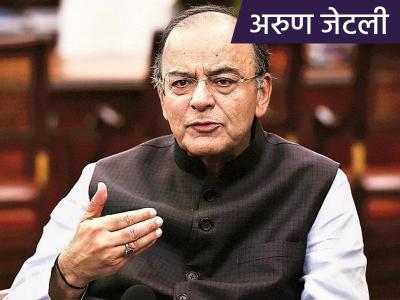
Arun Jaitley
Under PM Modi-led NDA rule, multiple large-scale programmes were started. Some of them include the Rs 7,060 crore smart cities project, Atal Pension Yojna for all citizens in the unorganised sector, Digital India, and the Make in India programme to give a push to indigenous industries.
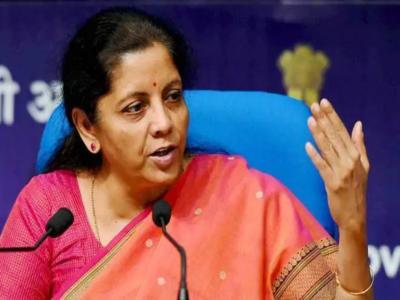
Nirmala Sitharaman
Nirmala Sitharaman, the first woman to serve as the full-time Finance Minister of India, will deliver her second Budget in the Parliament on February 1.























